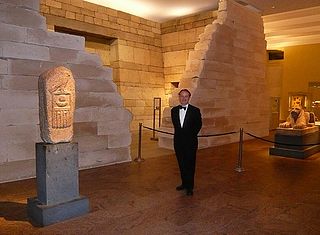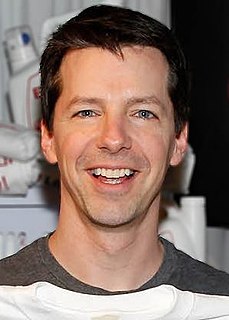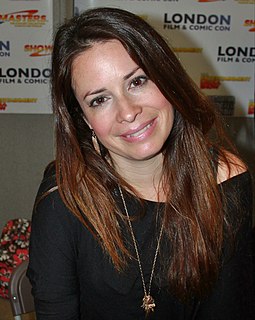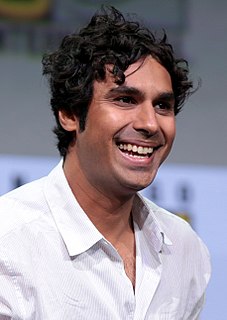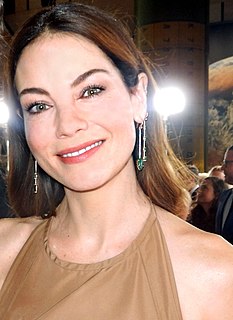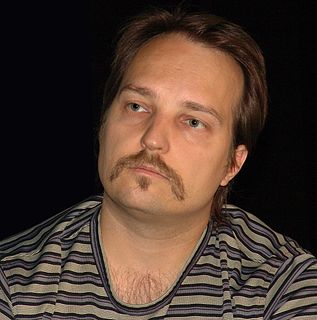A Quote by Jeff Daly
Two monologues do not make a dialogue.
Quote Topics
Related Quotes
Rather than make claims of final theories, perhaps we should focus on our ever-continuing dialogue with the universe. It is the dialogue that matters most, not its imagined end. It is the sacred act of inquiry wherein we gently trace the experienced outlines of an ever-greater whole. It is the dialogue that lets the brilliance of the diamond’s infinite facets shine clearly. It is the dialogue that instills within us a power and capacity that is, and always has been, saturated with meaning.
My experience as a Jewish American has often been as a spectator of one-sided conversations, or more like monologues, about Israel, Jewish History, Jewish identity, etc. Although there are profound divisions amongst Jews on all of these topics there are not many opportunities for deep and thoughtful dialogue about them.
I'm not sure about that role any longer. The role used to be to mix things up and I think to a great extent it still is, but the quality of the work of the political cartoon has been succeeded by the wisecrack, the gag cartoon, so that the cartoonist becomes more of the equivalent of the Jay Leno monologues, or David Letterman monologues.
[True Detective] is an intense show, even in terms of the dialogue - there's a little rhythm to it, in particular in his monologues. I think on those days, he [Woody Harrelson] really had to stay in the zone. Because there's a certain cadence in which that character speaks and talks about life, you know? But then there are other days that he was able to be a little more loose.
When I first started writing plays I couldn't write good dialogue because I didn't respect how black people talked. I thought that in order to make art out of their dialogue I had to change it, make it into something different. Once I learned to value and respect my characters, I could really hear them. I let them start talking.
The problem with natural language processing and the thing that really holds the technology back, is that when it crashes and burns, it's horrific. I think we would be in a position to really take a serious look at it, once two things happen. The interesting thing about a dialogue-choice system is that we've devoted so much into all kinds of other systems for processing, and dialogue choices use zero processing. So suddenly, if you want to have a great natural language processor, you need to dial down your graphics to make it work.
